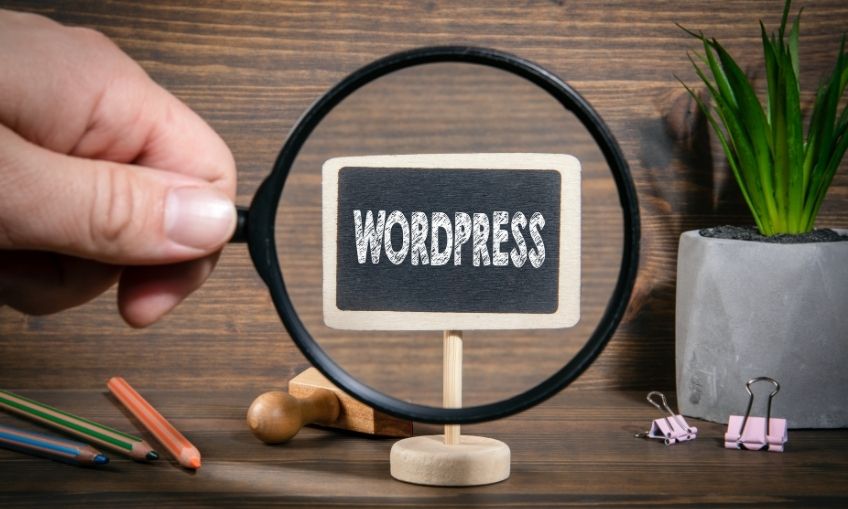An Introduction to WordPress and GPL

WordPress is by far the most popular content management system available online. The software is available free of charge from WordPress.org and is released under the GNU GPL General Public License. It is released under the second version of the license that was published in June 1991 and a copy of this license is included in every single version of WordPress in a text file named license.txt.
This GNU General Public License is frequently referred by its abbreviated form GPL.
In this article, I would like to give you all a brief introduction to the General Public License and explain how it affects how WordPress is used and developed.
What is GPL?

The GNU General Public License is different. It is a copyleft license (a play on the more used term copyright). This allows you to redistribute the same version of the software or release a modified version of the software. You are permitted to release the software free or, if you desire, you can charge a fee.
You are obligated to give everyone else the same rights as you. This means that anyone who you give or sell the software to can also use, modify, give away, and redistribute the software as they see fit. They must also give credit to the previous developers.
GPL is the reason that WordPress was able to grow into the behemoth it is today. It allowed the software to evolve over time through the work of many different developers. It should not surprise you to hear that WordPress itself evolved from a separate blogging platform known as b2 (a notice about WordPress being created from b2 is included in the license.txt file that is included inside every version of WordPress).
So what does all of this mean to the end user?
It means that:
- You can download WordPress free of charge and use it on as many domains as you wish
- If you wish, you can modify WordPress and develop it as a separate product (as long as you continue to release that product under the same license and give users the same rights you have)
- WordPress plugins and WordPress themes are classified as derivative works and are therefore also released under GPL
- You are free to modify WordPress products and fork them as different products
The ability to fork WordPress plugins and themes helped make WordPress the flexible system it is today. It allows developers to take a product, modify it, and release it as a different product.
Some of the most successful WordPress plugins are based on plugins that had been developed by others. For example, the highly successful eCommerce WordPress plugin WooCommerce was forked from JigoShop. The first version of WooCommerce was nothing more than a copy of JigoShop with a WooCommerce logo, but over time, WooCommerce developed into its own unique product.
How Does the GPL Affect Me When I Buy Premium WordPress Products?
GPL is automatically applied to all WordPress plugins and themes. This means that regardless of whether you downloaded a WordPress product free or whether you paid a fee, you have the right to:
- Use the product on as many websites as you wish
- Modify the product
- Release a modified version of the product
Many developers want to develop products for GPL software such as WordPress due to their popularity. Unfortunately, some of these developers do not want to pass on the same rights they have to their customers. In other words, they do not adhere to the General Public License.
For example:
- They place a limit on the number of websites the product can be used on
- They do not permit the user from editing the code
Be aware of your rights. WordPress developers are not allowed to restrict the way you use WordPress products. They are not permitted to stop you from using a plugin or theme on more than one website. If they are doing so they they are not adhering to GPL.
What developers can do is limit support. For example, a premium plugin developer may sell a single license and a developer license that is more expensive. You are permitted to use either version of the plugin on all of your websites, however if you purchase the single license, the developer will only give you support for one website.
Final Thoughts
I hope you have enjoyed this brief look at WordPress and the GNU General Public License. I have only touched upon what GPL covers, however I hope I have given you a good understanding of what it means to you and the WordPress community.
If you would like to know more about the GPL and how it affects you, I encourage you to read the following articles:
- GNU General Public License
- Themes are GPL, too
- It’s legal but unethical
- WordPress GPL and Ethics
- Why Are We Paying For GPL Licensed Code?
- Understanding the GPL licensing of WordPress
- A Newbie’s Guide to the GPL and WordPress Licensing
- What are you paying for when you buy GPL themes and plugins?
Thanks for reading.
Kevin
Check out the latest WordPress.com’s Calypso App

Leave a Reply